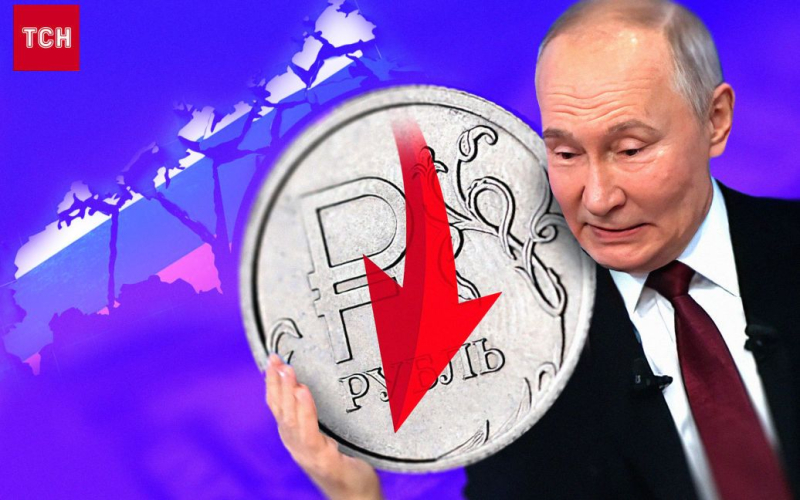
The decision of the Central Bank of the Russian Federation to keep interest rates at the current level will most likely worsen the imbalance in the economy.
British intelligence predicts further difficulties for the Russian economy based on the results of an analysis of its condition against the backdrop of the Central Bank's decision to keep the key rate at 21%.
This is reported in a review published on the X-page of the British Ministry of Defense.
The Russian Central Bank decided to keep the key rate at 21% at its meeting on December 20. At the previous meeting in October, the rate was raised from 19% to 21% – the highest figure since the beginning of the full-scale war of the Russian Federation against Ukraine.
British intelligence has noted that Russian businesses are increasingly criticizing high interest rates. However, inflationary pressure is likely to be increasing partly due to the recent depreciation of the ruble. Thus, in November 2024, the Russian currency depreciated to its lowest level against the US dollar since the full-scale invasion of Ukraine in 2022 – to 114 rubles/dollar.
Intelligence associates the fall of the ruble with the announcement of sanctions against Gazprombank. After that, economic statistics were published indicating the continued overheating of the Russian economy. In response, the Central Bank announced the end of foreign currency purchases until 2025.
However, the Russian currency exchange rate remained at about 100 rubles to the dollar until December 20, 2024. This has triggered widespread market expectations for another increase in the key rate.
“The decision by the Central Bank of the Russian Federation to keep interest rates at the current level will most likely increase the imbalance in the economy due to the inflationary consequences of the depreciation of the ruble, labor shortages and high government spending,” British intelligence assessed.
By the way, in December 2024, The Telegraph analyzed the state of the Russian economy. The authors of the article came to the conclusion that the regime of President Vladimir Putin may be closer than it seems to the kind of collapse that happened to the USSR.
Read also:
Related topics:
More news

